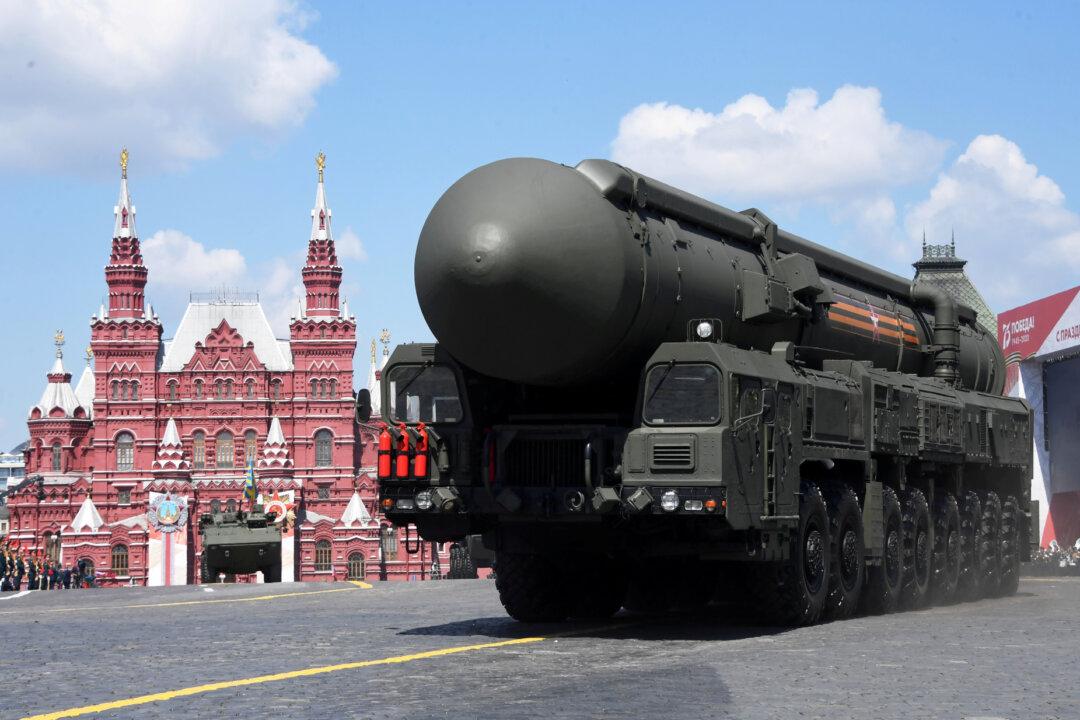President Joe Biden made a decision to propose to Russia a five-year extension of the New START treaty that limits the number of U.S. and Russian strategic nuclear weapons, John Kirby, chief Pentagon spokesman said in a statement on Thursday.
The treaty, which restricts the United States and Russia to deploying no more than 1,550 strategic nuclear warheads each, is due to expire on Feb. 5.





